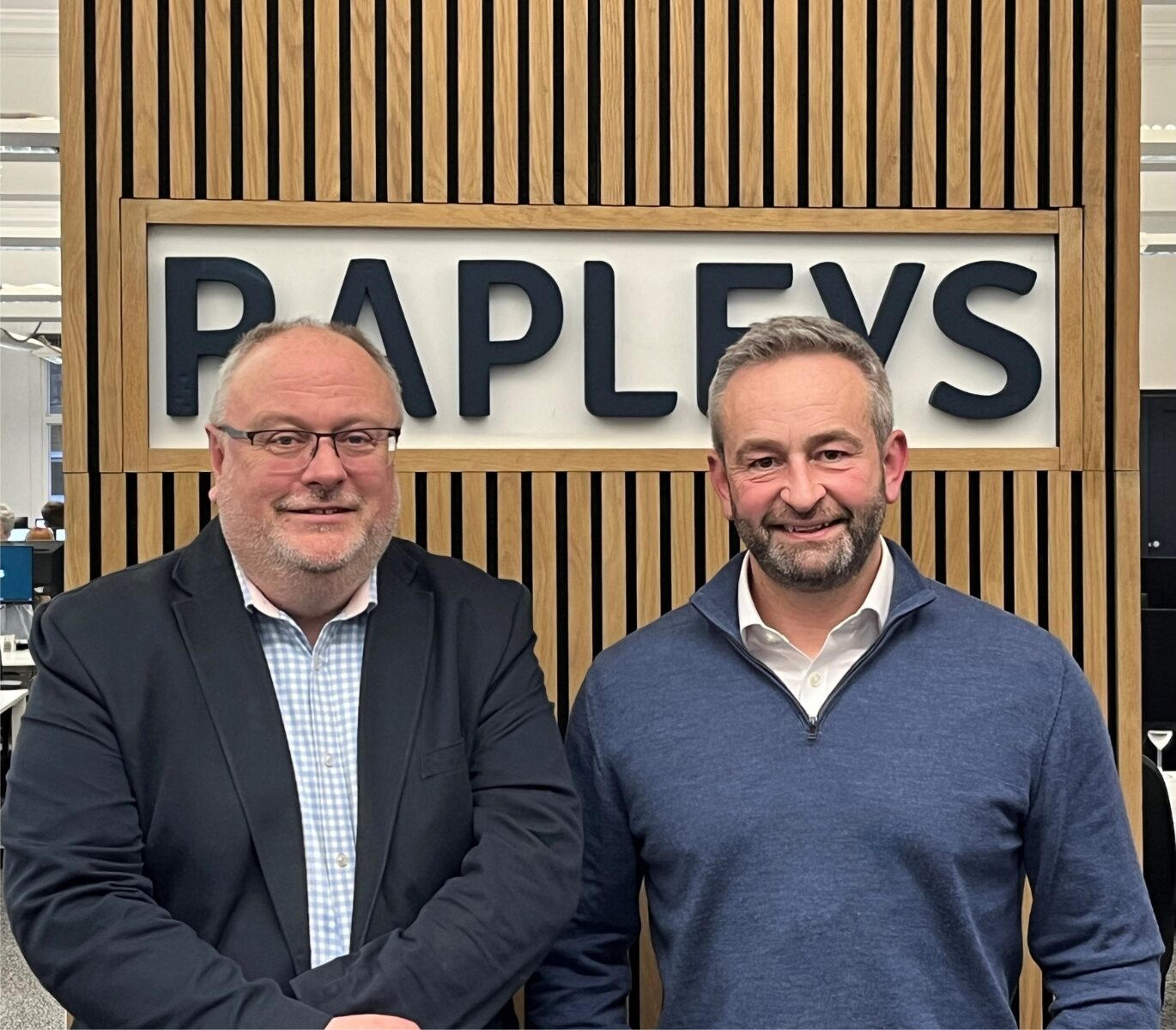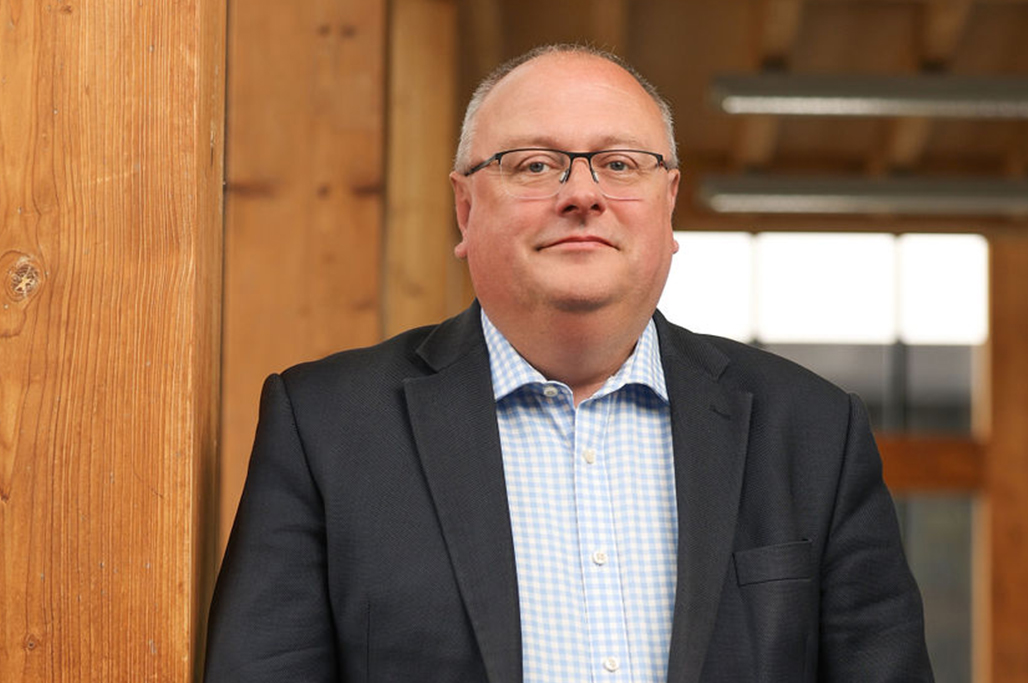
by Brit Marsland, Associate in Land Development Project Management at Rapleys, a sponsor of the West Midlands Great Debate 2023
Land development, like many sectors in the UK, has had a somewhat challenging year. However, there are both positive and negative outcomes from the change in market.
Negatives:
• The amount of talent coming through the industry is thin – from skilled tradesmen to surveyors
• Provision of Affordable Housing & general site viability is poor
• Planning fees are set to increase & there is ongoing planning process uncertainty
• Energy cost increase & inflation concerns
• Supply chain delays
• Lack of confidence to push sites forward in the current economic and political landscape
• Sites stalled due to construction insolvencies
Positives:
• Land prices are due to be corrected, making previously unaffordable sites viable
• The legislation surrounding water infrastructure has changed, meaning that water bodies are responsible for upgrading networks, not developers
• Demand continues to outstrip supply meaning there will always be opportunities for land owners
• Continued investment in the UK Life Sciences industry acts as a driver for the economy
• The budget’s 12 growth zones will pioneer development – with the West Midlands and East Midlands forming two of the key areas
Which brings me on to the key topic of this year’s West Midlands Great Debate: “Making the Most of What We’ve Got; How to Improve the Existing Built Environment”
Sustainability might be seen by many as negative; after all, there are many penalties for not meeting the agreed development targets. However, the focus on using existing resources, buildings, and materials can only be positive.
While new developments can embed sustainability principles from day one, the industry is not yet fully comfortable with retrofitting. Yes, the prices of ground source heat pumps have settled, but there remains little understanding of what other infrastructure is needed to make these work properly. If the surrounding network capacity is being maximised, there might be a requirement for the introduction of a new substation. However, it is highly unlikely that an individual will receive a payback within seven years. The next option is to apply for exclusion from the EPC rating, but this does not help achieve sustainability targets. If they look into obtaining a grant, they are only permitted to use one of the pre-approved contractors, who are based in just a few locations in the UK. The entire process is overly complicated, and much more work is needed to enable the industry to move ahead more seamlessly.
The government should listen to sessions like the West Midlands Great Debate and seek the very tangible expertise of specialist sustainability building consultancy experts to build a strategic roadmap that not only incorporates the measures to accelerate net zero, but also supports the idea that infrastructure net zero measures need to be practical.
The driving force to be better is definitely there, but we must have far-reaching, coordinated strategies on how to support these measures on a large scale, with greater clarity and support for those doing their own personal bit for the environment; otherwise appetite will dissipate and we will have lost the opportunity to make the most of what is available.
Related news
Rapleys Continues Building Residential Division With Hire of Sam Graham as Land Agency Partner
UK, February 2026 – Rapleys has further strengthened its Residential Division with the appointment of Sam Graham as Partner in Residential Development Agency, specialising in land acquisitions and disposals across the Southeast.











